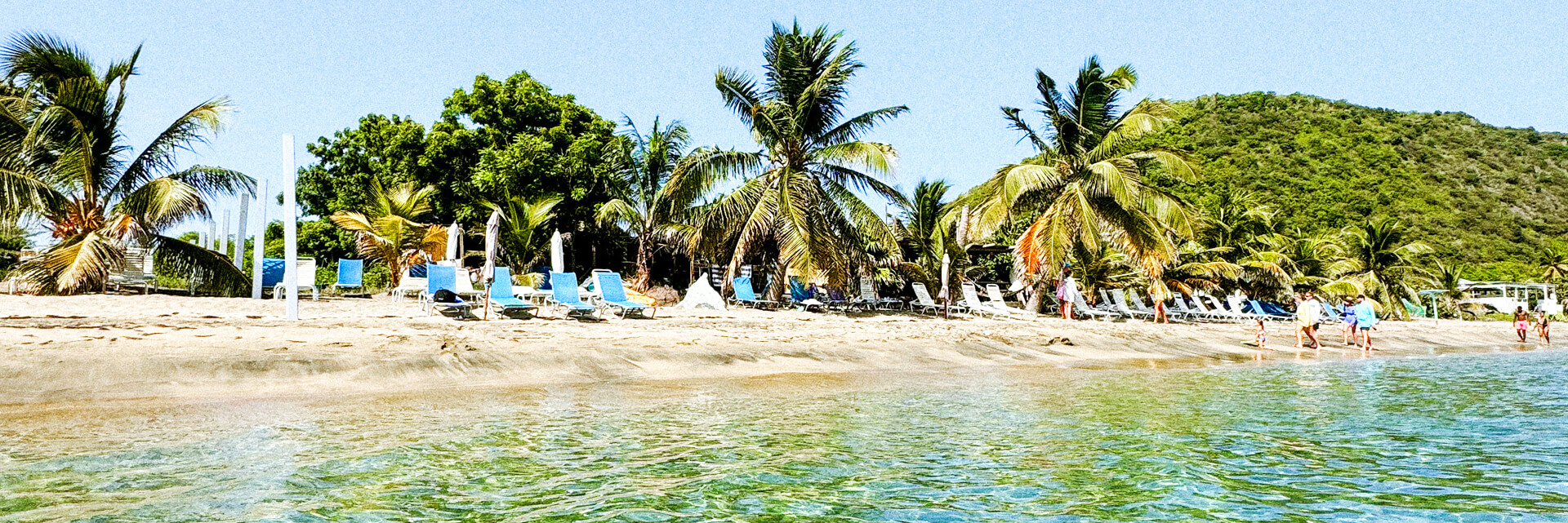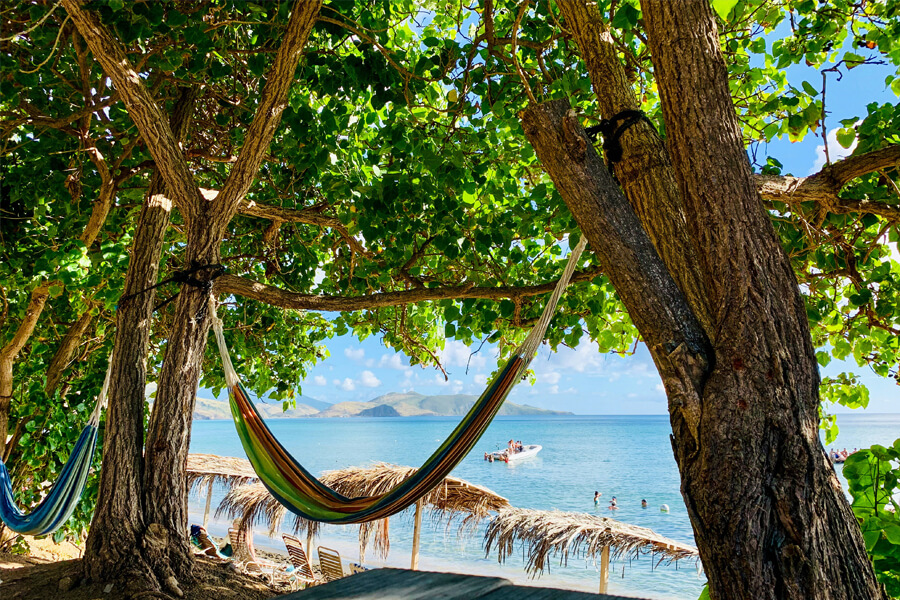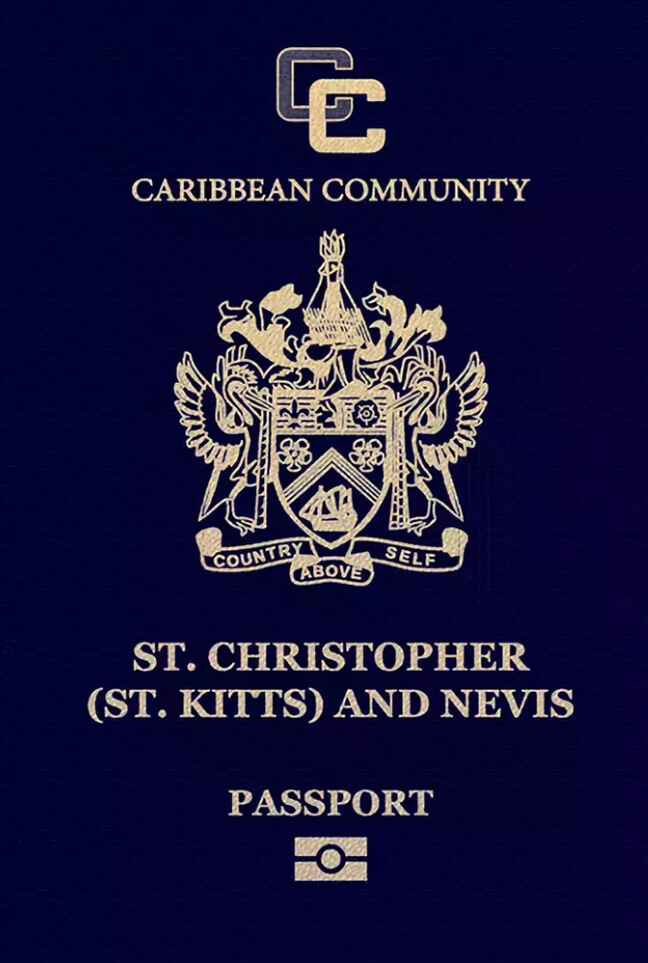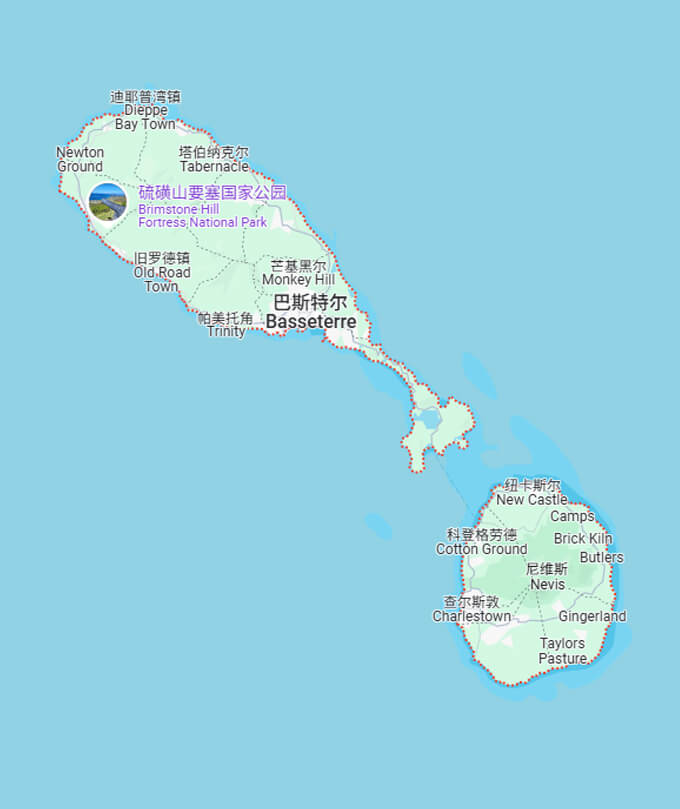Introduction to St. Kitts
In the eastern Caribbean Sea, to the north of the Leeward Islands, sits the island nation of St. Kitts. On September 19, 1983, this nation gained independence and joined the Commonwealth. Basseterre is the capital of St. Kitts, and English is the official language. The sugar industry and tourism are the two main drivers of St. Kitts' economy. to attain economic diversification in recent years. Because of their stunning landscapes, temperate climate, and reputation as an offshore financial hub, St. Kitts and Nevis are referred to as the "Pearl of the Caribbean" and the "Backyard of North America," making them the perfect destination for retirement, tourism, and vacation. Furthermore, St. Kitts is a well-known international tax haven that draws a lot of celebrities and wealthy families to apply for citizenship.
Flight access
St. Kitts has two international airports: Vance Emory International Airport in Nevis and Robert Llewellyn Bradshaw International Airport in St. Kitts.
Economic situation
The two main pillars of the St. Kitts economy are the sugar sector and tourism. The United States, Canada, and the United Kingdom account for the majority of visitors. The East Caribbean dollar is the currency in use, and tourism is the primary source of foreign exchange. The tourist, manufacturing, and offshore finance sectors in St. Kitts are now expanding quickly.
Tax situation
An "offshore financial center" and "tax paradise" is St. Kitts. It imposes taxes on territory. There is no capital gains tax, gift tax, inheritance tax, or other taxes on foreign income earned in St. Kitts. Tax benefits are available when registering a business in St. Kitts.
Education situation
Students ages 5 to 17 are required to attend school for 12 years in St. Kitts using Commonwealth education. Students can immediately apply to schools in other Commonwealth nations to continue their education after finishing the courses in St. Kitts.
Medical situation
St. Kitts is mindful of the development of healthcare facilities. There are numerous international hospitals with staff members of various nationalities that are supported by the US, Canada, and the UK. The government also covers the residents' basic medical costs.
Main diet
Rice, beans, stews, and fish are examples of traditional foods.



 Visa-free: 155 countries
Visa-free: 155 countries
 No diplomatic relations with China
No diplomatic relations with China
 Language: English
Language: English
 Capital:Basseterre
Capital:Basseterre

 High gold content, visa-free access to many countries.
High gold content, visa-free access to many countries. Applicants must be over 18 years old and have no criminal record.
Applicants must be over 18 years old and have no criminal record.










